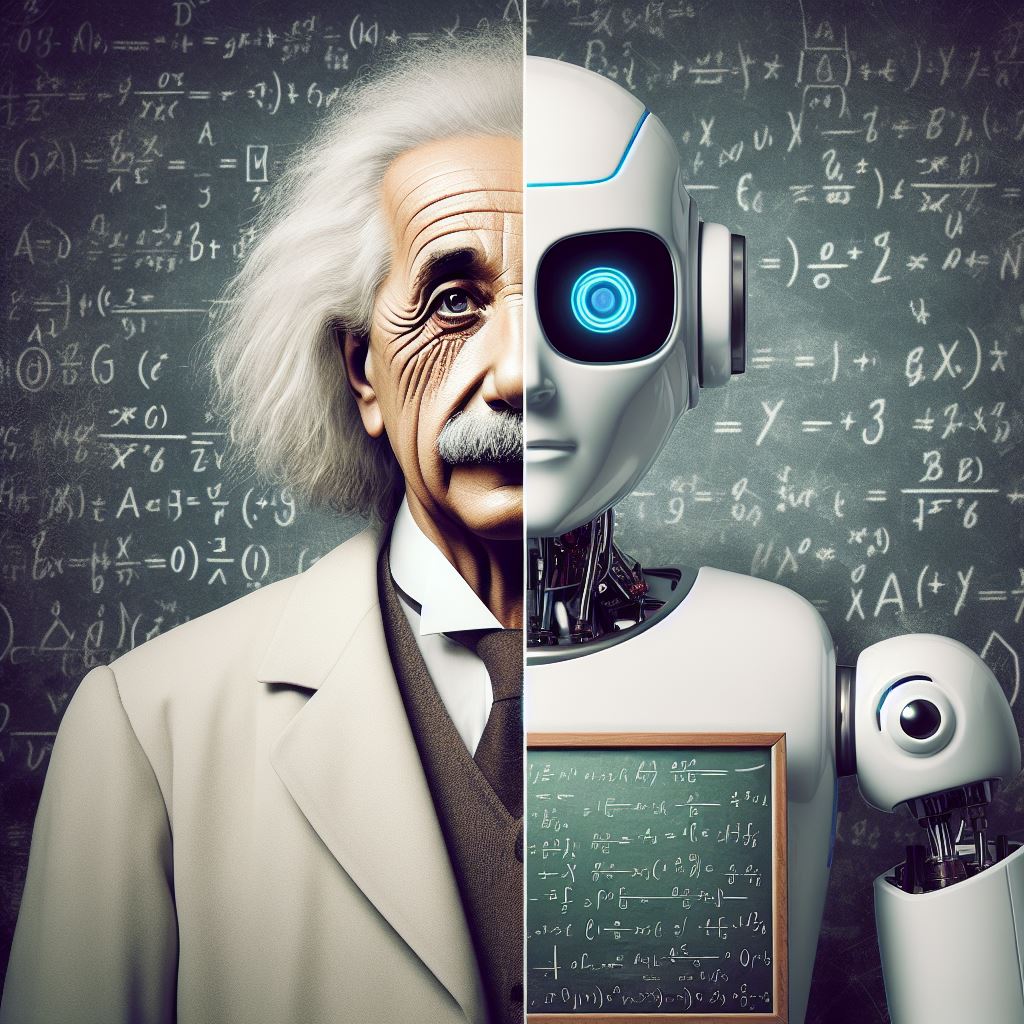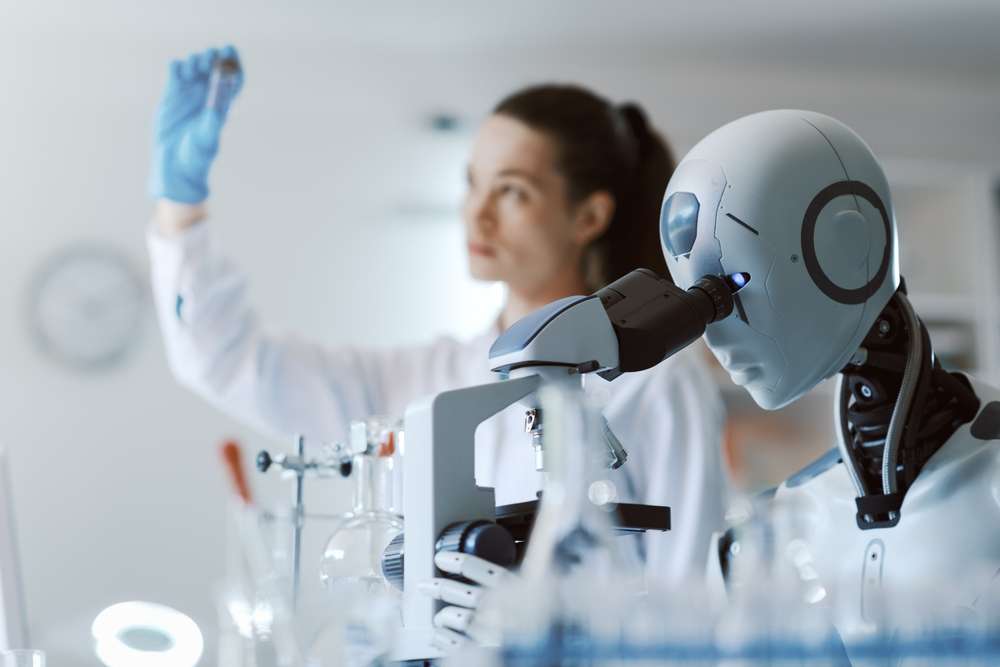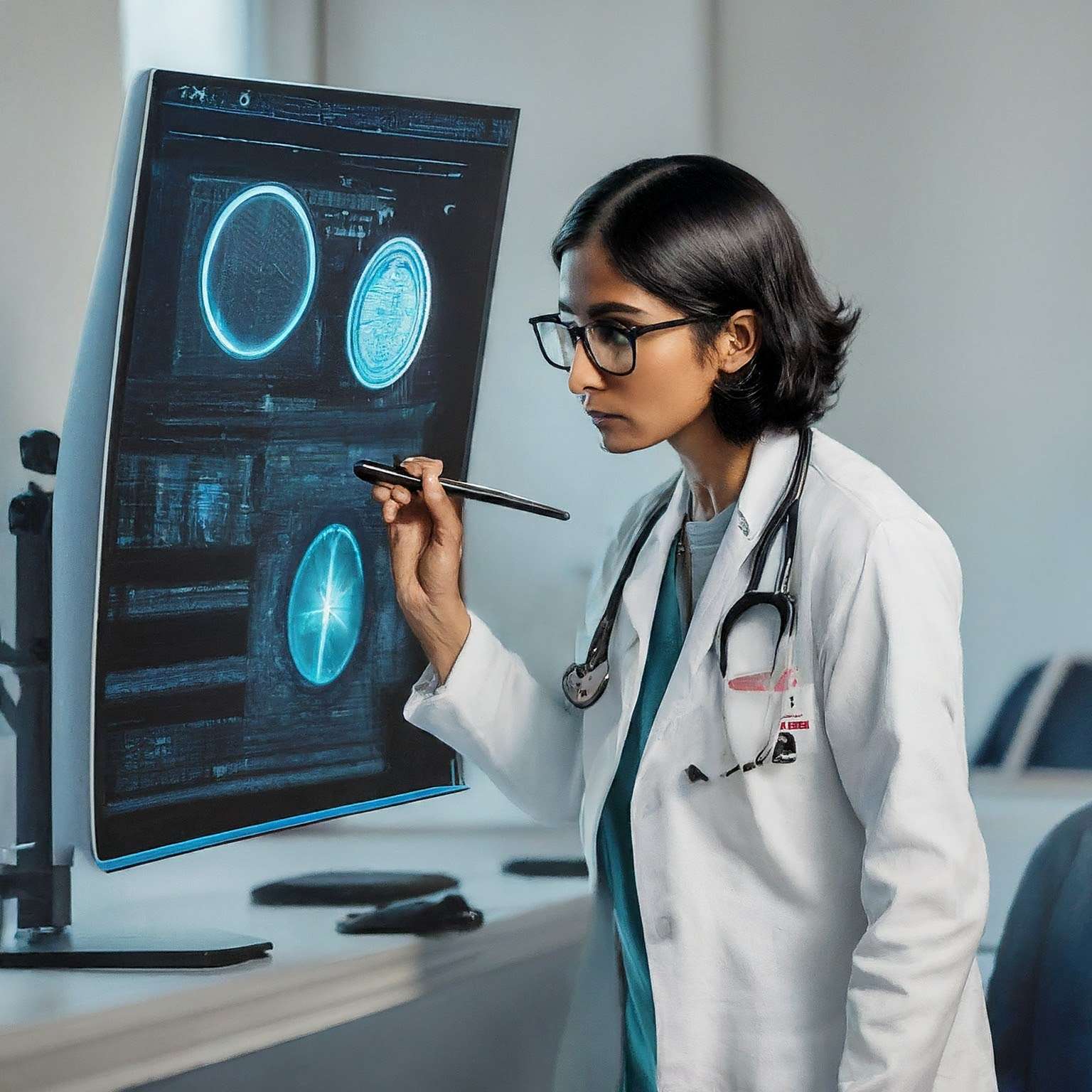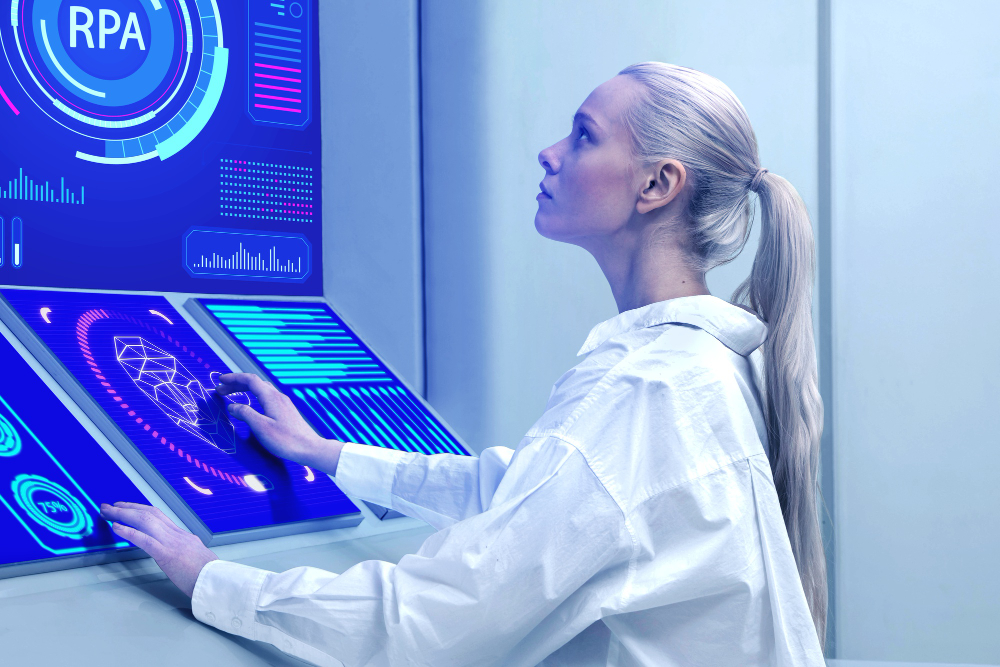In a world increasingly threatened by climate change, the urgency to adopt eco-friendly practices and promote sustainability has never been greater. As stewards of our planet, it is our responsibility to preserve its precious resources for future generations. Nowhere is this more evident than in our efforts to protect the stunning island paradises that dot our oceans. By embracing sustainable tourism practices and supporting conservation initiatives, we can ensure that these natural wonders thrive for years to come. From reducing plastic waste to supporting renewable energy projects, every action we take contributes to the collective effort to combat climate change and preserve our planet’s biodiversity. Let us come together to celebrate the beauty of our world’s most exquisite islands while also recognizing the critical need to safeguard them for the benefit of all. Together, we can make a difference and leave a legacy of environmental stewardship for generations to come.





